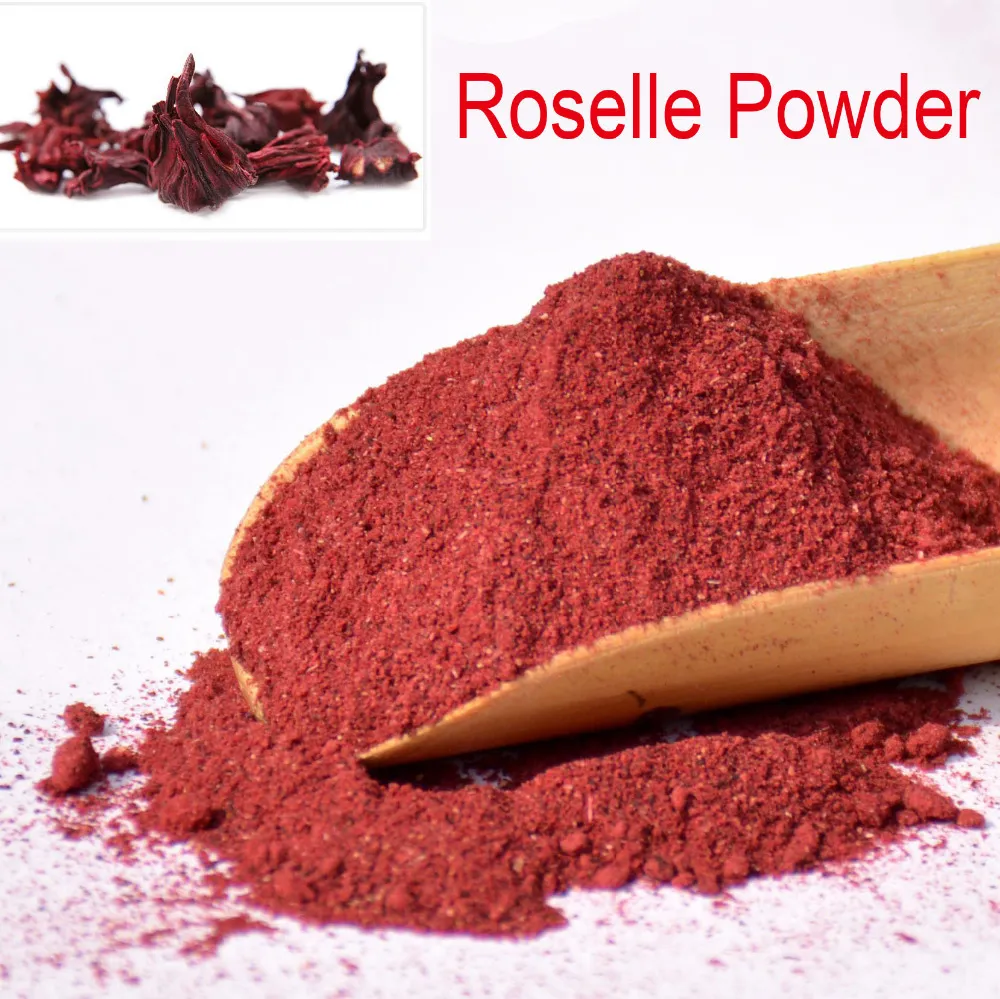
Roselle: A Natural Ingredient with Potential in Managing Obesity
INTRODUCTION:
“Obesity is a disease that affects more than just the physical body. It can have a profound impact on a person’s mental health and well-being.” –
Dr David Katz
Millions of individuals throughout the world are affected by the global health issue of obesity. The World Health Organization claims that “obesity has nearly tripled since 1975 and is now one of the most significant public health challenges of the 21st century.”
More than 40% of adults in the United States are obese, and obesity is linked to a higher risk of a number of health issues, including type 2 diabetes, heart disease, stroke, and several types of cancer.
Although diet and exercise are the cornerstones of managing obesity, the use of natural compounds to aid in weight loss is gaining popularity. Roselle, a plant species that has historically been used for medicinal purposes and is now gaining recognition for its ability to manage obesity, is one such component.
According to Dr Olusola Adeyeye, the Director-General of the National Agency for Food and Drug Administration and Control in Nigeria, “Roselle is a rich source of antioxidants and is known to have anti-inflammatory properties that can help reduce obesity-related inflammation in the body.” Additionally, Roselle includes hydroxy citric acid (HCA), a substance that has been shown to prevent the body from producing fat.
RESEARCH ON ROSELLE AND OBESITY:
Numerous research has looked into Roselle’s ability to treat obesity. Roselle extracts dramatically lowered body weight and body mass index in overweight and obese people, according to research published in the Journal of Medicinal Food. Another study indicated that Roselle extract had an anti-obesity effect in mice on a high-fat diet, which was published in the Journal of Ethnopharmacology.
Recent studies have indicated that Roselle might also be useful for treating obesity. A study that appeared in the Journal of Medicinal Food claims, “Roselle extract can improve obesity-related parameters, including body weight, body mass index, and lipid profiles.” According to this study, ingestion of Roselle extract by overweight and obese people dramatically lowered body weight and body mass index.
Another study indicated that Roselle extract had an anti-obesity effect in mice on a high-fat diet, which was published in the Journal of Ethnopharmacology. According to the study, roselle extract may help prevent the build-up of adipose tissue and liver fat, both of which are frequent in obese people.
Dr Adeyeye further added, “Roselle may be a natural and effective way to support weight loss efforts, but more research is needed to fully understand its mechanism of action and potential benefits.”
WHAT IS ROSELLE?
Hibiscus sabdariffa, sometimes known as roselle, is an African native plant that has been utilised for therapeutic purposes for ages. The plant is a member of the Malvaceae family, which also includes okra and cotton. The crimson, beautiful blossoms of the roselle shrub, which can reach a height of 8 feet, have a characteristic sour flavour.
Roselle has been used in cooking in addition to being used medicinally. A tart tea that is popularly drunk throughout the world, including Africa, Asia, and the Caribbean, is made from the plant’s calyces, which are the fleshy structures that encircle the flower.
Because of its possible health advantages, roselle has been employed in conventional medicine. Numerous conditions, including high blood pressure, liver disease, and fever, have been treated using the plant. Additionally, roselle has been utilised to promote immunity, heart health, and digestion.
The potential of Roselle to treat obesity has drawn increasing attention in recent years. According to research, roselle’s anti-inflammatory and antioxidant qualities may assist overweight and obese people to lower their body weight and body mass index. Additionally, roselle includes hydroxy citric acid (HCA), which has been shown to prevent the body from producing fat.
Roselle is an all-purpose plant that has been used for a variety of things for millennia. It is a promising natural element that may enhance general health and well-being due to its potential health advantages, including its potential in treating obesity.
HOW DOES ROSELLE WORK?
Numerous chemicals found in roselle may help the plant’s capacity to treat obesity. Anthocyanin is one such substance that gives Roselle its distinctive red colour. It has been discovered that anthocyanin contains anti-inflammatory and antioxidant characteristics, which may aid in reducing oxidative stress and inflammation, both of which are linked to obesity.
Additionally, hydroxy citric acid (HCA), a substance that has been shown to prevent the body from producing fat, is present in roselle. HCA functions by preventing the formation of fat from carbs by a chemical called citrate lyase.
CONCLUSION
The Director-General of Nigeria’s National Agency for Food and Drug Administration and Control, Dr Olusola Adeyeye, said, “Natural ingredients like Roselle may offer a natural and effective way to support weight loss efforts.
However, it is important to note that while natural ingredients can have many potential benefits, they should not be viewed as a magic bullet for weight loss. A healthy diet and regular exercise are still the most important factors in managing obesity.”
It’s crucial to remember that treating obesity calls for a comprehensive strategy that involves dietary and exercise modifications as well as potential natural substances like Roselle.
Further investigation on Roselle and its possible health benefits is required in order to properly comprehend its function in managing obesity, given the increased interest in natural components to promote weight loss attempts.
As a result, people should always seek medical advice before adding Roselle or any other natural ingredient to their diet or supplement routine.








